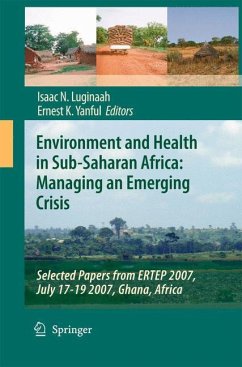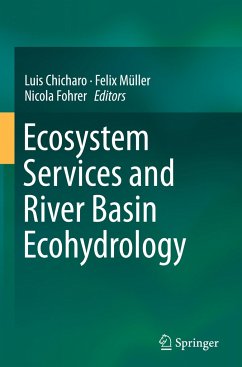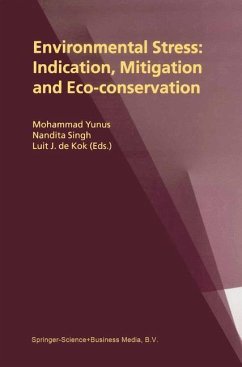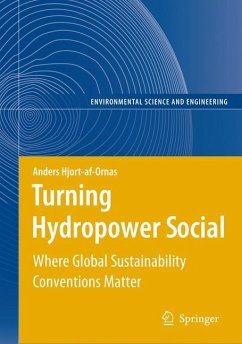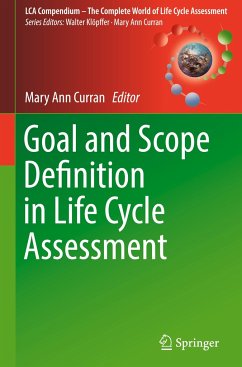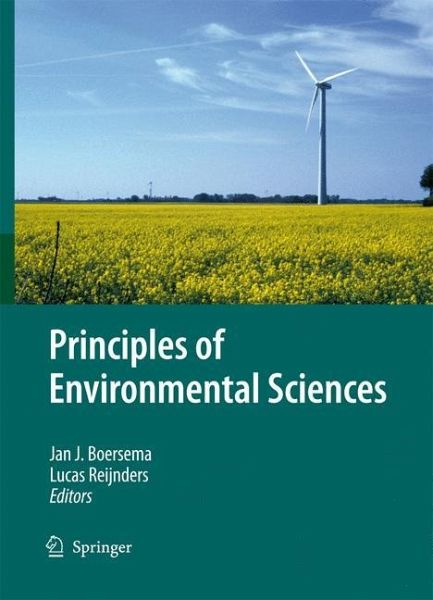
Principles of Environmental Sciences
Versandkostenfrei!
Versandfertig in 6-10 Tagen
152,99 €
inkl. MwSt.

PAYBACK Punkte
76 °P sammeln!
International experts provide a comprehensive picture of the principles, concepts and methods that are applicable to problems originating from the interaction between the living/non-living environment and mankind. Both the analysis of such problems and the way solutions to environmental problems may work in specific societal contexts are addressed. Disciplinary approaches are discussed but there is a focus on multi- and interdisciplinary methods. A large number of practical examples and case studies are presented. There is special emphasis on modelling and integrated assessment.This book is di...
International experts provide a comprehensive picture of the principles, concepts and methods that are applicable to problems originating from the interaction between the living/non-living environment and mankind. Both the analysis of such problems and the way solutions to environmental problems may work in specific societal contexts are addressed. Disciplinary approaches are discussed but there is a focus on multi- and interdisciplinary methods. A large number of practical examples and case studies are presented. There is special emphasis on modelling and integrated assessment.This book is different because it stresses the societal, cultural and historical dimensions of environmental problems. The main objective is to improve the ability to analyse and conceptualise environmental problems in context and to make readers aware of the value and scope of different methods.Ideal as a course text for students, this book will also be of interest to researchers and consultants in the environmental sciences.







